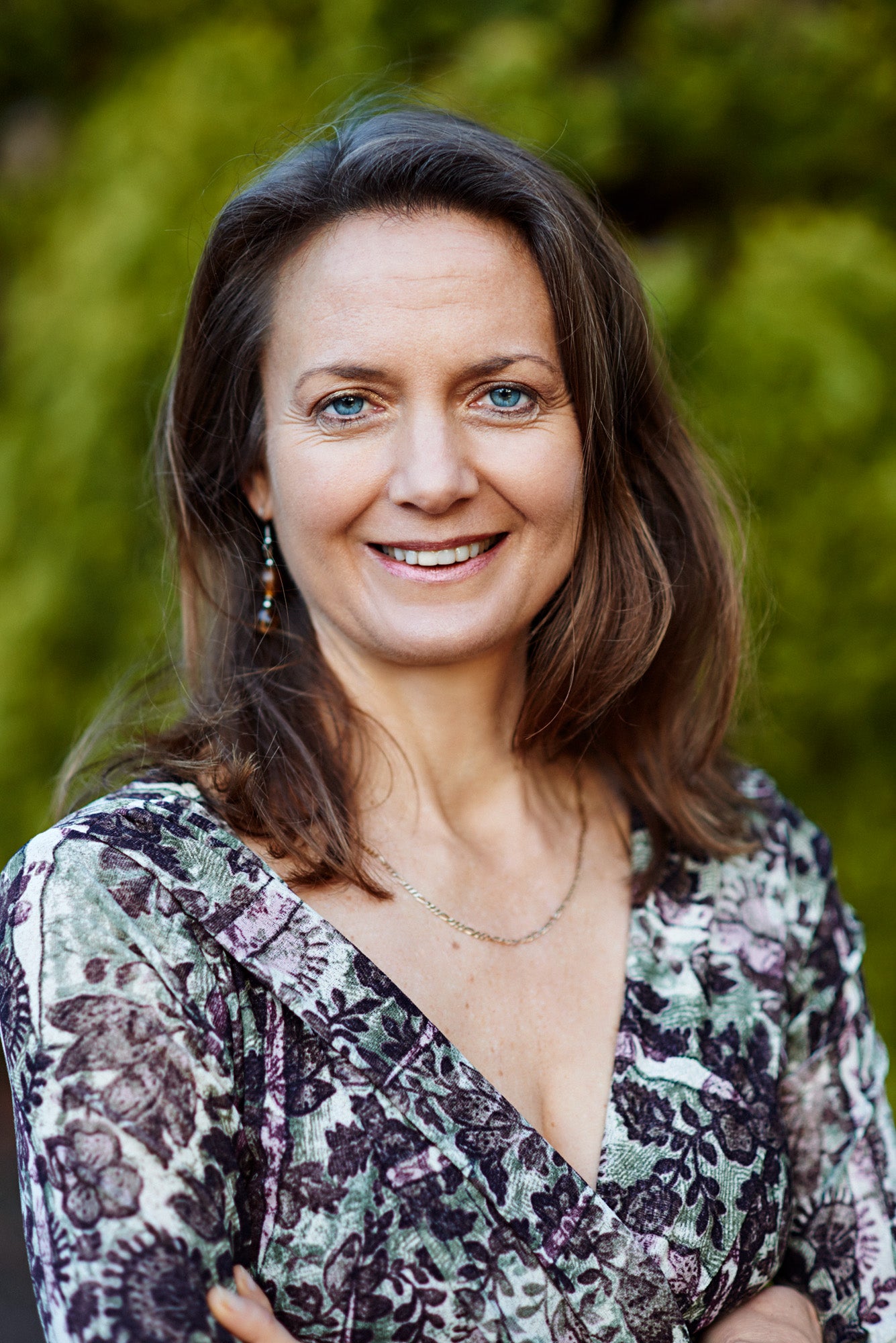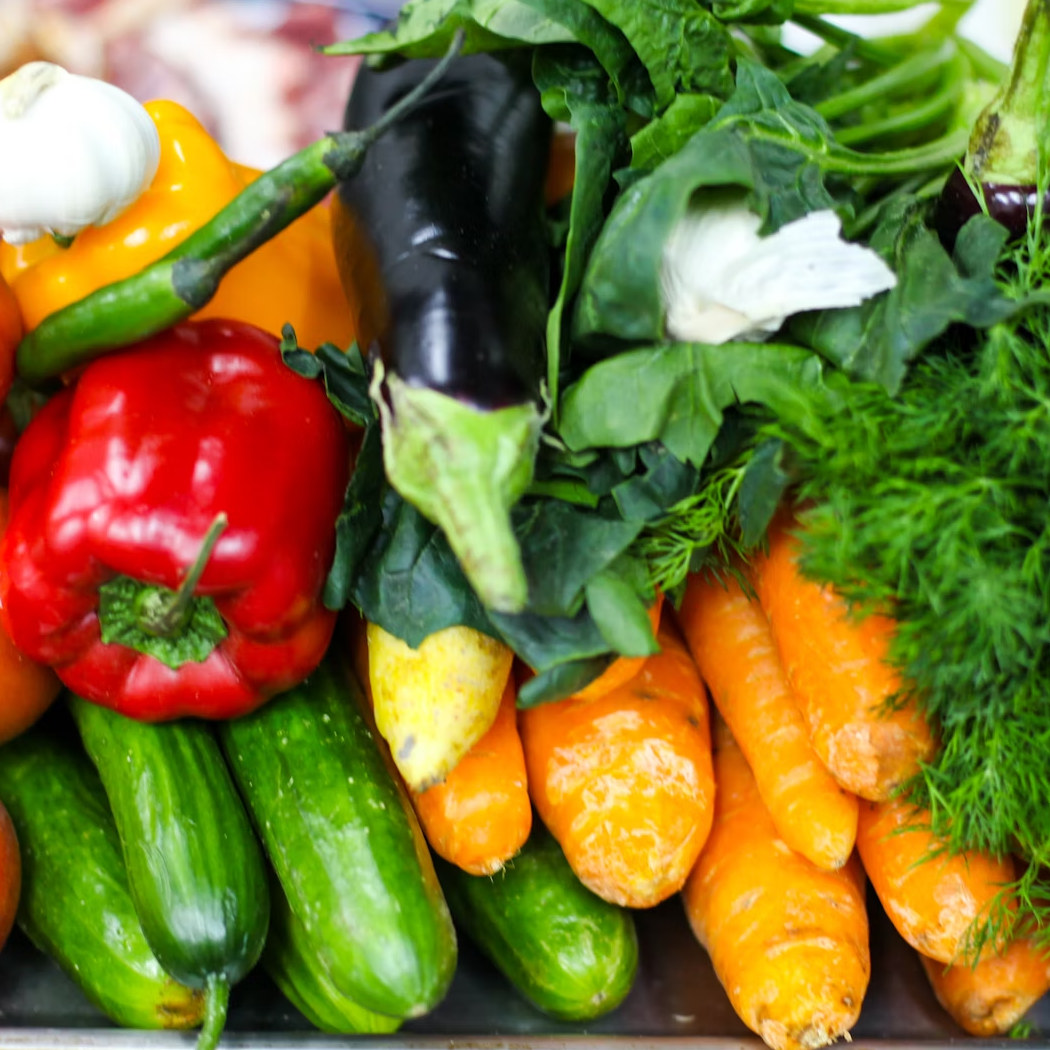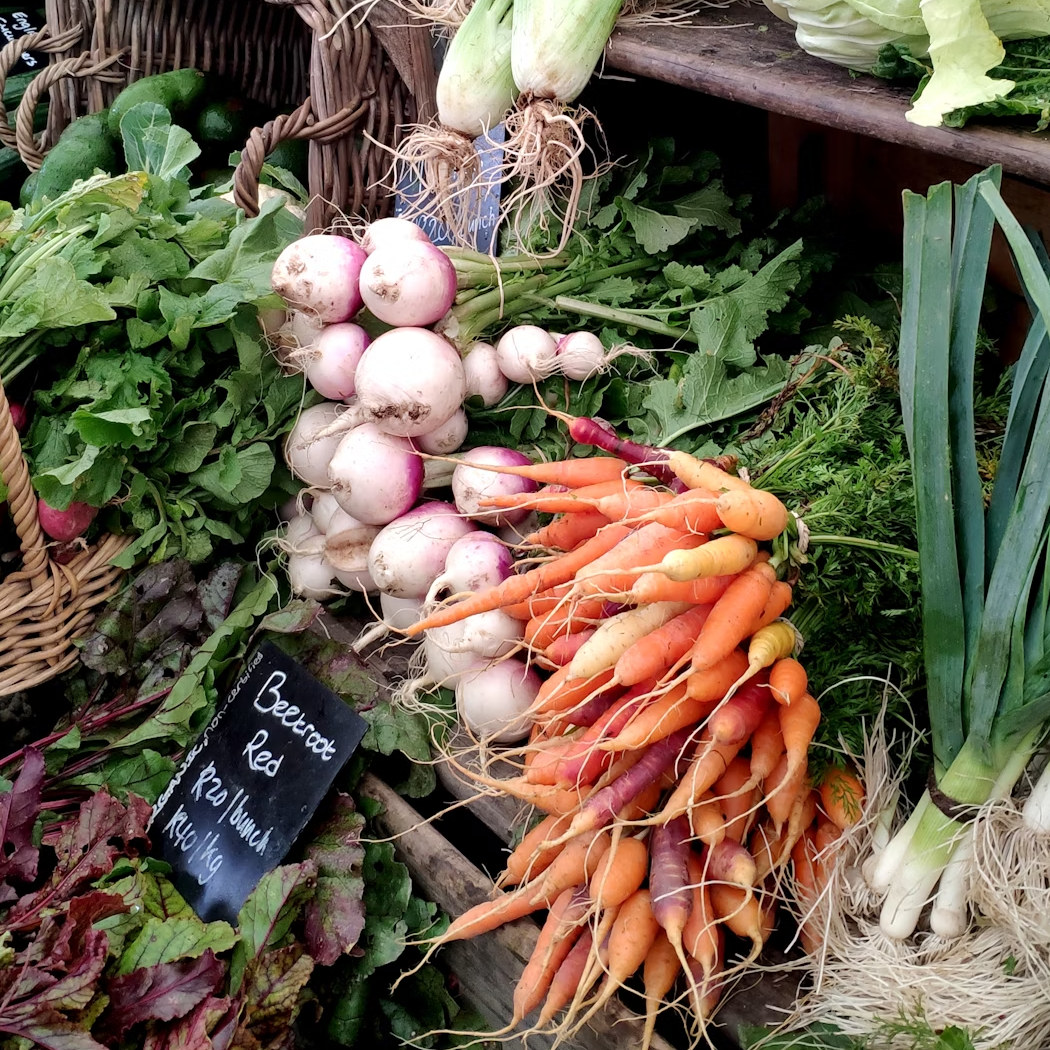
So let me tell you a little bit about Robyn Chuter. She is a renowned certified lifestyle medicine practitioner, naturopath, nutritionist and counsellor. She has been practising since 1995 in Australia. Currently, Robyn is a health transformation practitioner and the owner of Empower Total Health on the Gold Coast. Robyn’s passion lies in helping people reverse serious and chronic lifestyle disease and illnesses such as Type II diabetes, high blood pressure and many autoimmune conditions, just to name a few. Her philosophy is around living your most optimal and healthy life, and to be free from disease and illnesses that can be overcome from adopting a whole food plant-based diet (WFPBD). She also believes it is a lifestyle approach including regular exercise, stress reduction techniques and optimal sleep cycle routines.
A little more about Robyn and her plant-based journey...
Growing up Robyn had lots of animal companions and was an animal lover. She became an ethical vegetarian at the age of 15. At such a critical age she began to question everything she knew, including her current ideologies and belief systems. Robyn opened up about her realisations with Benny and stated that “I called myself an animal lover, but I kind of stuck my fork in the rear end of some of them. This doesn’t sound very loving.”
After learning that there were very few resources around about vegetarianism when she was a teenager, and after making the connections in her own mind about the ethical reasons for not eating meat, she started removing the animal products from her diet.
Her reasoning behind studying and wanting to practice within the health space stemmed from her own health issues. She had battles growing up with weight gain, serious digestive issues, fatigue and skin issues.
Her exploration into these concerns led her to realise that some very serious health issues ran in the family. That was the tipping point for Robyn. She registered in naturopathy at the age of 19. Soon after, Robyn transitioned from being an ethical vegetarian to adopting a whole food plant-based lifestyle.
Robyn has been 100% vegan for over 12 years and believes it has been the major catalyst for her thriving health and well-being.
So what exactly is a whole food plant-based diet and how does it differ from a vegan diet?
Robyn explains that a lot of people go vegan for environmental and ethical reasons. These reasons alone are very valid reasons for eliminating all animal products and by-products from your diet however, in Robyn’s experience she has come across a lot of unhealthy vegans.
To be vegan, yes you remove all animal products from your diet, but it doesn’t necessarily mean your body will thrive, especially if you resort to processed foods that are labelled vegan. Unhealthy vegans tend to eat foods that are lacking in nutrients, are heavily processed and contain additives, preservatives, and refined sugar etc. For example; vegan chocolate, Coca Cola, Oreo biscuits and vegan chicken nuggets. Think about the chicken nuggets for a minute… with the chicken removed, what replaces that exactly?
This reminds me of a classic year 8 health lesson, where I would get students to pull out a lunch box item from their bag to analyse. Sadly, most students had something processed and from a packet for this experiment, unless you were the child that had money for the canteen. Now the canteen also supported this experiment as they generally sold processed items anyway.
What we would do next would be to look at the ingredients on the back of the packets, analyse them and determine if they were real foods, if they had any health or nutrient values and if they were edible. Yes, edible. We would focus on those ingredients that we had no idea about, the ones that weren’t real food. For example; preservative (E220), Red Dye #2, MSG, HFCS and so many more. When these ingredients were ‘googled’ and researched we would often sit in shock. Students would realise that they were not eating real food and that these added ingredients had zero nutritional value, often classified as dangerous to our health.
The sad reality was though, that as soon as the bell rang some packets got thrown in the bin, but most students would still eat their packet of chips, tub of yogurt or muesli bar. Why, because someone once told them it was ‘good’ or ‘healthy’ or in some cases, the packet would have 99% fat-free, so it must be healthy right….
A WFPBD according to Robyn can be classified as foods that are grown. This means foods from nature, more specifically fruits, vegetables, whole-grains or minimally processed grains, legumes, lentils, peas and beans. It also includes nuts and seeds in variable quantities based on your energy needs and current health status.
Robyn likes to describe plant-based whole foods as food in its most natural state as possible or minimally processed.
So all those lunch box items in packets don’t count!
Robyns’ general rule of thumb when she is trying to decide whether a food should be incorporated into her diet or the diet she advises for her clients is based off two simple questions; “Can I just look at this food and know what it is?”. She uses the example of looking at a grain of rice compared to a rice cereal in a box. A grain of rice is just a grain of rice right? But when looking at a rice cereal, you may question what exactly a rice-based cereal is as it doesn’t look like rice. Think about the added ingredients, numbers, preservatives and sugars to make it look and taste different to real rice. That simply is not a real food. Robyn will ask herself for further clarification- “Do I know everything that’s in it?”.
The other question is about food processing. Robyn believes not all forms of food processing is bad, so the question she asks herself when determining if it’s a whole food or not is- “Can I do it at home with fairly easy home equipment?”. Think about processed vegan chicken nuggets. Would you be able to make a vegan chicken nugget at home? Robyn explains that due to the number of additives and chemicals in the processing and the equipment used, this is not considered a whole food in its natural state.
In short, plant-based whole foods can be referred to as foods grown in nature or whole foods processed as naturally and minimally as possible.
Why no animal products?
Robyn states that if you are currently in good health, at your optimum weight and you have pretty solid genes with no terrible or nasty diseases, there is currently no scientific evidence to say you must totally exclude all animal products completely from your diet to preserve your health.
Robyn also states that there is very strong evidence that supports the less animal products you eat, the better it is for your health.
For environmental and ethical reasons, Robyn believes we have a moral obligation living in Australia to not to eat animal products. Living in a wealthy industrialised country like Australia where we can choose to eat anything we want and get all our nutrient needs met in abundance, there is no need to incorporate animal products or bi-products.
From her research, personal experience and experience with her clients, Robyn is a firm believer, advocate and role model for the WFPBD.
Robyn concludes her interview with Benny by making the following powerful statement; “If you have a chronic degenerative disease, if you have type II diabetes, if you have cardiovascular disease, if you have an autoimmune disease, then the evidence that we have up to this point says that if you want to recover your health you should dump the animal products entirely.”
Want to make contact with Robyn Chuter you can check out her website here
Related Articles
 News
News
New Organic Agriculture Study. Soil treated with organic fertiliz...
October 15, 2024 News
News
Australia is ranked #1 in organic agricultural land usage! Celebr...
September 19, 2024 News
News
Embracing Organic: Celebrating Australian Organic Awareness Month...
September 12, 2024 News
News
